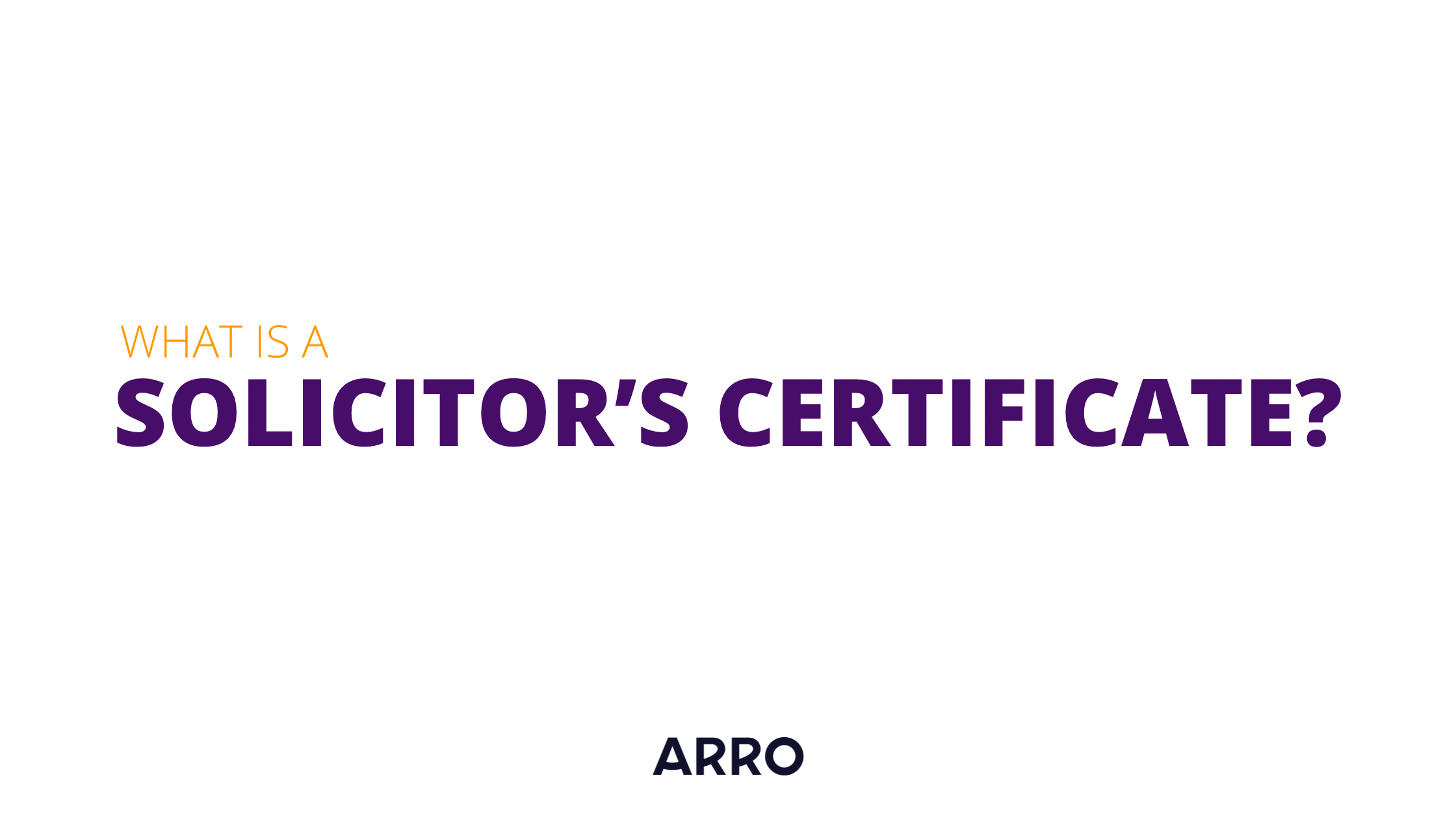If you have children or close friends that have ever taken a loan out for a new house, car or even business opportunity, you have probably been asked by them whether you would consider being a guarantor on the loan for them.
Having a guarantor on the loan could assist them in buying the property or car sooner and/or increase their borrowing power.
Essentially, a guarantor does not give the borrower or the lender any money, however the guarantor accepts the obligations associated with entering into a guarantee (i.e., promises to pay a borrower’s debt in the event that the borrower defaults on their loan obligations to the extent guaranteed).
Prior to signing off as a guarantor for a loan, the lender will ask a guarantor to seek independent legal advice. In this regard, a guarantor will need a solicitor to review and clarify the loan, the guarantee and other related documents prior to the guarantor signing them.
In reviewing and clarifying the relevant documents, a certificate known as an Acknowledgement of Independent Legal Advice – or a solicitors certificate – is issued – certifying that the guarantor has sought independent legal advice and understands the potential risks and liabilities when signing the documents.
How does a solicitor’s certificate work?
In providing legal advice, solicitors are governed by the Legal Profession Uniform Legal Practice (Solicitors) Rules 2015 (the “Solicitors Rules”), standards stipulated by the Law Institute of Victoria, alongside laws and regulations surrounding Credit Codes affecting banks.
Solicitors are regulated by specific rules relating to loan and security documents and are unable to sign off on security documents which do not adhere to the form stipulated by Rule 11 of the Solicitors Rules. Solicitors certificates are complex, require preparation and do not simply entail “signing off” on a certificate. Alongside this, solicitors involved must ensure they have no underlying interest in the Lender granting the loan.
If I am the guarantor, do I need a solicitor’s certificate?
If acting as a guarantor, there are various transactions which will require the provision of a solicitor’s certificate, including:
- The Borrower is in a de-facto or married relationship with the Guarantor;
- The Borrower is the child of the Guarantor;
- The Borrower is a trustee company transacting for the Trust; and
- The Borrower poses a significant credit risk.
How do I obtain a solicitor’s certificate?
If you require a solicitor’s certificate, feel free to contact Arro Lawyers today!
Our Fees are $550 incl. per certificate.
We would be delighted to assist.
To obtain a solicitor’s certificate, you must:
- Provide us with copies of all the relevant documentation;
- Provide us with copies of all necessary personal identification documentation (such as your driver’s licence and passport); and
- Arrange for a time to attend our offices and meet with one of our lawyers to go through the relevant documentation together, advise you, answer any of your questions and lastly, provide you with the solicitor’s certificate.
Please do not hesitate if you have any questions.




